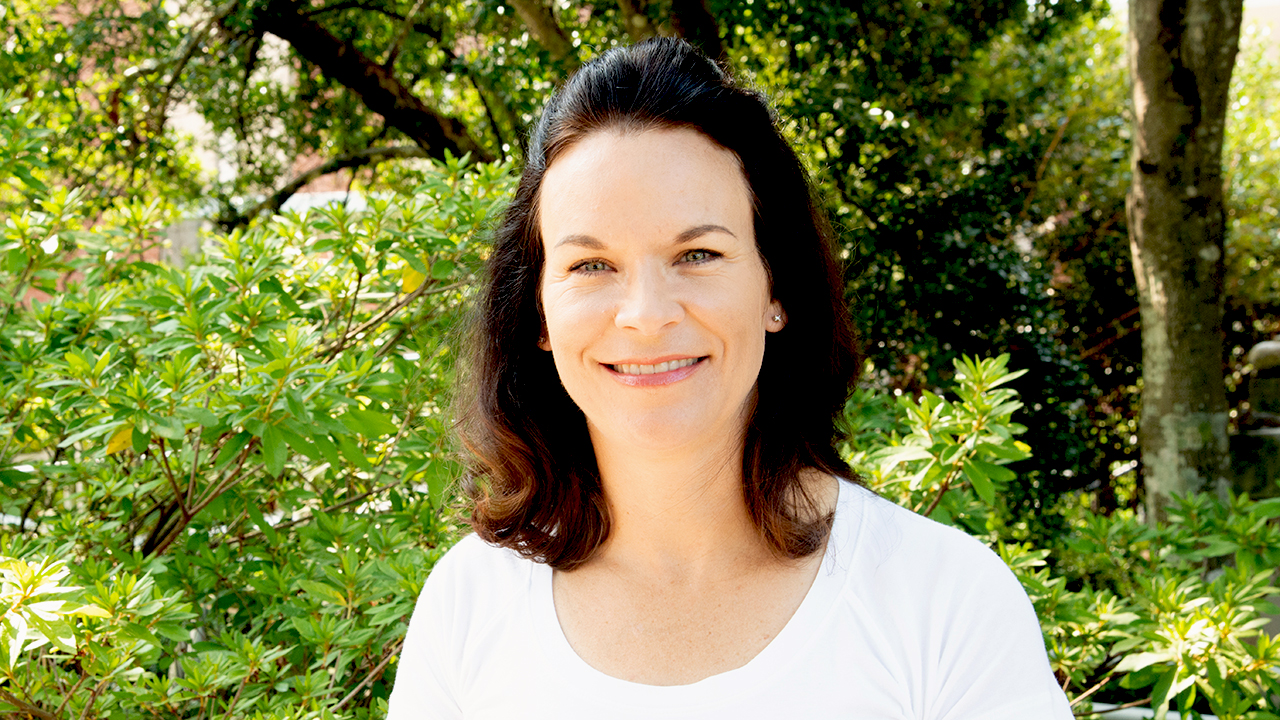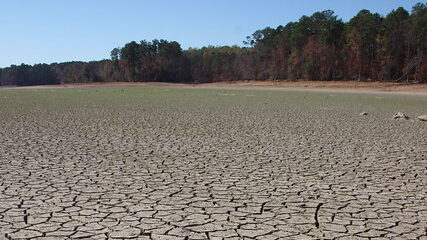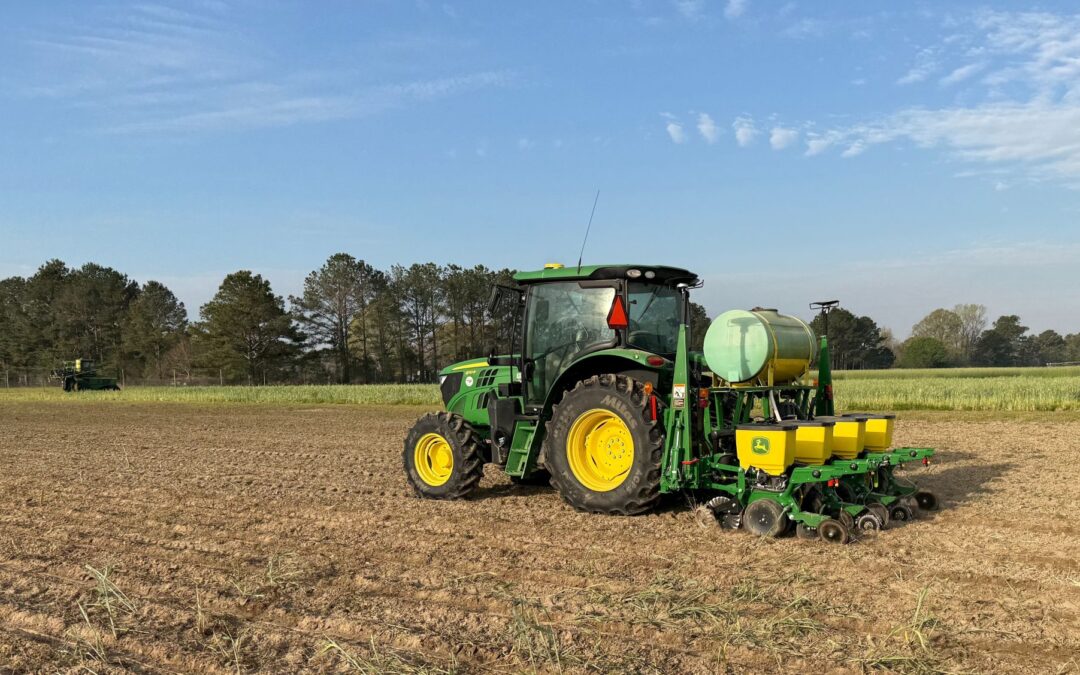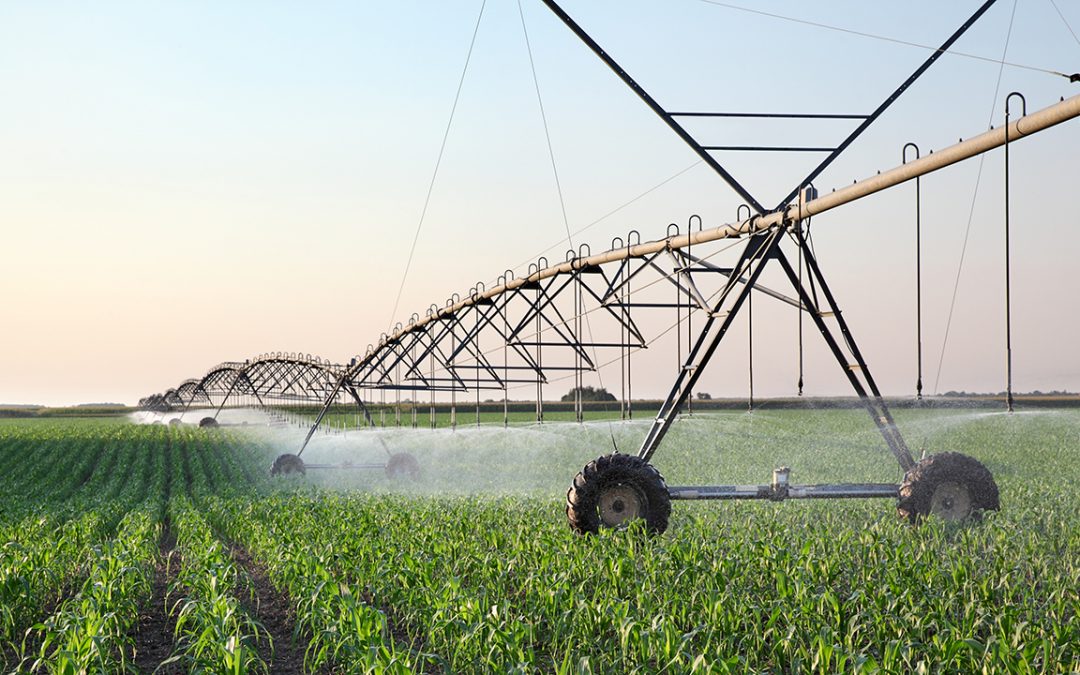The U.S. Fish and Wildlife Service, in consultation with the Mississippi Department of Wildlife, Fisheries, and Parks, awarded Shannon Brewer a $433,867 grant to examine how to use existing waterways to deter invasive carp from the Mississippi River and identify how to implement using water-control structures to facilitate native fish passage. Brewer is a research professor in the School of Fisheries, Aquaculture & Aquatic Sciences and the Unit Leader for the U.S. Geological Survey.
This project will entail tagging several large river fish including paddlefish, buffalofishes, and silver carp with acoustic tags that they can listen to through receivers to identify their movements through the river including direction and timing. The receivers will also allow for documentation if and when the fish use the water control structures for passage at multiple locations.





